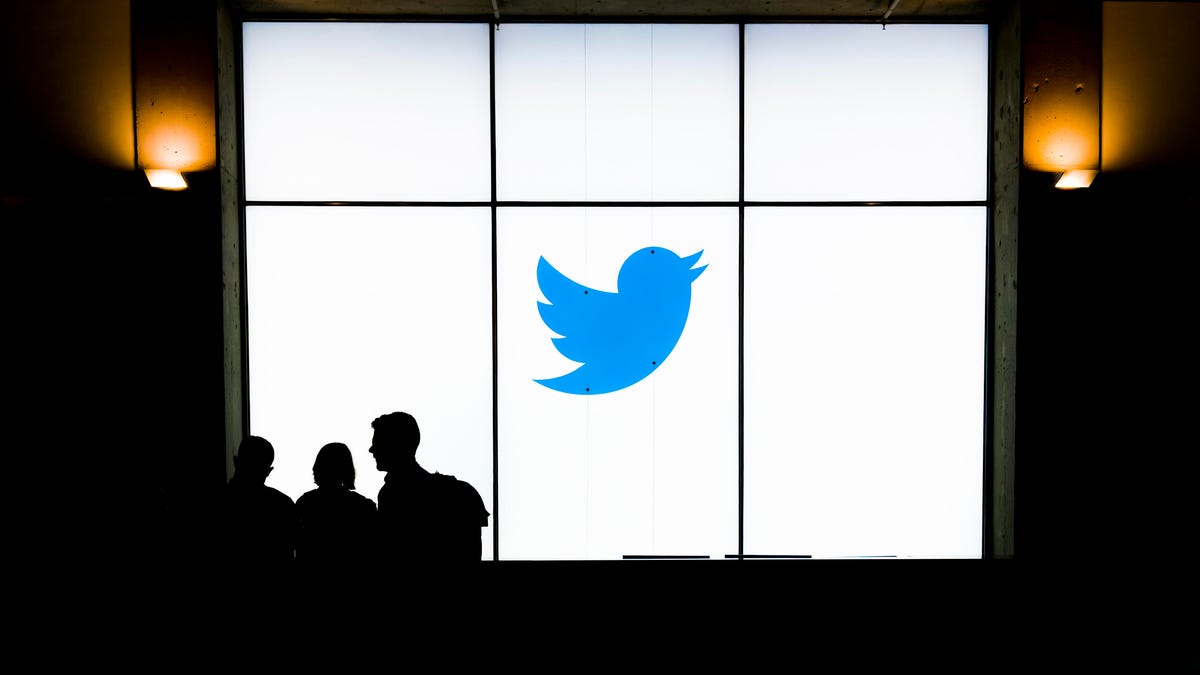Trump's tweets blocked for election misinformation still spread to other sites
The same messages popped up on Facebook, Instagram and Reddit, NYU researchers found.

NYU researchers highlight the limitations of blocking and labeling tweets that contain false claims.
Twitter blocked users from retweeting, liking and replying to some of former US President Donald Trump's tweets because the posts contained election misinformation, but that didn't stop the politician's messages from spreading to other social media platforms.
NYU researchers analyzed tweets from Trump that Twitter flagged for misinformation between Nov. 1, 2020, and Jan. 8, 2021. They also identified public posts on Facebook , Instagram and Reddit that contained the same messages as the Trump tweets. Though limiting engagement with Trump's tweets did curb their spread on Twitter, the same messages were posted more often on Facebook, Instagram and Reddit than tweets that just included a warning label or weren't restricted, researchers found. Trump's tweets appeared on other social media platforms in the form of links, quotes or screenshots.
Tweets from Trump that Twitter merely labeled for containing false claims about election fraud also received more user engagement than tweets without warning labels.
Researchers stopped short of concluding that labeling misinformation doesn't work, because Trump's unfounded claims about election fraud may be the types of tweets that could've spread widely even if the platform didn't flag them.
The findings, though, highlight some of the limitations of content moderation, especially when moderation isn't consistent across other social media platforms. Researchers pointed out that people might've just turned to other social networks as an alternative to Twitter or posted Trump's false claims on other sites in protest. Since the 2020 US presidential election, Twitter and Facebook have labeled other content, including COVID-19 misinformation.
"The interconnected nature of these platforms and the online social media environment presents challenges for content moderation, where the policies are chosen and enforced by individual platforms without coordination with other platforms," said a research article published Tuesday in the Harvard Kennedy Misinformation Review.
Though many social networks say they want to curb the spread of misinformation, they have differences in how they moderate content. Following the deadly Jan. 6 Capitol Hill riot, Twitter permanently banned Trump from its platform out of concern that his remarks could incite more violence. Facebook suspended Trump and later asked its content oversight board to review the suspension. Then it decided to bar him from the platform until at least January 2023. In July, Trump sued Facebook, Twitter and Google, accusing the companies of violating the First Amendment, even though its free speech protections apply only to the government censoring speech and don't mean private companies can't decide what types of speech they allow on their platforms.
A Twitter spokeswoman said Wednesday that as conversations about the 2020 election increased, Twitter thought it was "critical" to take "swift enforcement action on misleading content that could contribute to offline harm."
"We continue to research, question, and alter features that could incentivize or encourage behaviors on Twitter that negatively affect the health of the conversation online or could lead to offline harm," the spokeswoman said in a statement.
From November 2020 to January 2021, Twitter added a label to 303 of Trump's tweets about politics . It restricted engagement on 16 of Trump's tweets. During that period, Trump's account posted 830 tweets about politics that didn't get flagged, according to the research.

